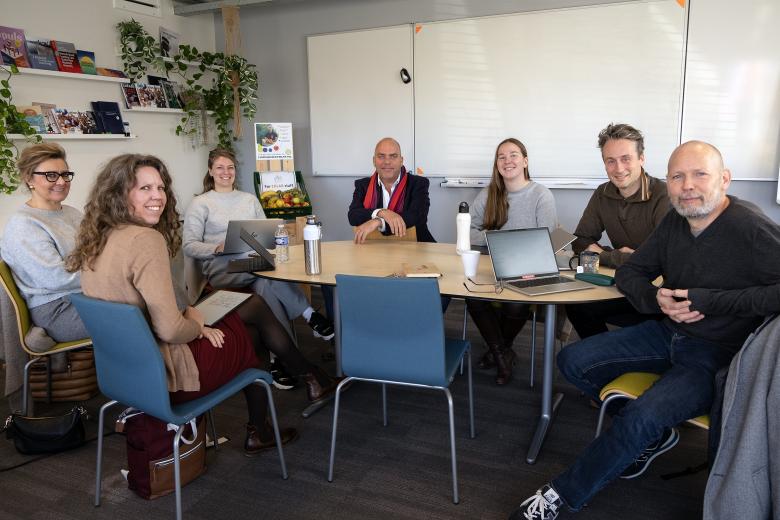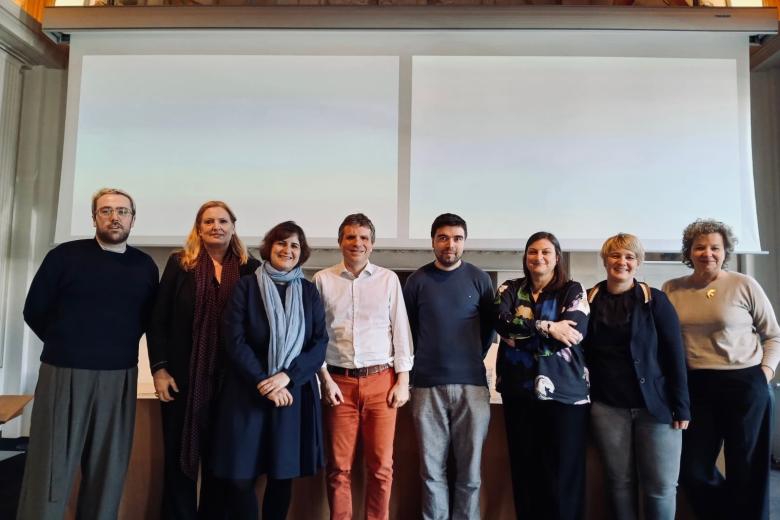Encyclopedia of Environmental Law Series
Under general editorship of Michael Faure, the IUCN Academy of Environmental Law together with publisher Edward Elgar have launched the Encyclopedia of Environmental Law. The first volume of this series, with the title Climate Change Law, was presented during the conference “Environment in the Court” held in Oslo from 22-24 June 2016. This volume is co-edited by Marjan Peeters from the Metro institute together with Daniel A. Farber (Berkeley).
This book brings together over 70 legal scholars from across the world for a comprehensive examination in 54 chapters of the emerging field of climate change law.
Rather than delving into the details of the law, the emphasis is on disclosing scholarship on core topics such as human rights and climate change, the challenge of a coherent international treaty approach, the role of principles such as the precautionary principle, the choice and design of regulatory instruments for reducing greenhouse gas emissions, legal issues of geo-engineering, and the potential role of international and national courts in relation to climate change. Specific chapters discuss the EU emissions trading scheme and EU renewable energy law.
As it has evolved, climate law is a combination of international frameworks such as the Paris Agreement from 12 December 2015 and bottom-up efforts by national and sub-national governments. This legal field is substantively linked to other areas of law such as energy regulation, water law, and land use law, while raising new issues for various disciplines of law, including public international law, constitutional law and administrative law. The concluding chapter brings together the insights and discusses the polycentric development of a 'global climate law'.
More information on the series and ordering.
Also read
-
Teacher Information Points at UM
UM faculties now host Teacher Information Points (TIPs) that offer local, “just-in-time” and on-demand support for teaching staff. The aim is simple: to provide help that is closely connected to day-to-day teaching practice.

-
Globalisation & Law Network seminar with Damian Chalmers
On 4 November 2025, the Globalisation & Law Network had the honour of welcoming Prof. Damian Chalmers to discuss his paper “The EU’s Governing by Legal Shadows”.

-
Ambassador Ammar Hijazi on Palestine and International Law
Ambassador Lecture Series with Ammar Hijazi, Head of the Palestinian Mission to the Kingdom of the Netherlands.
